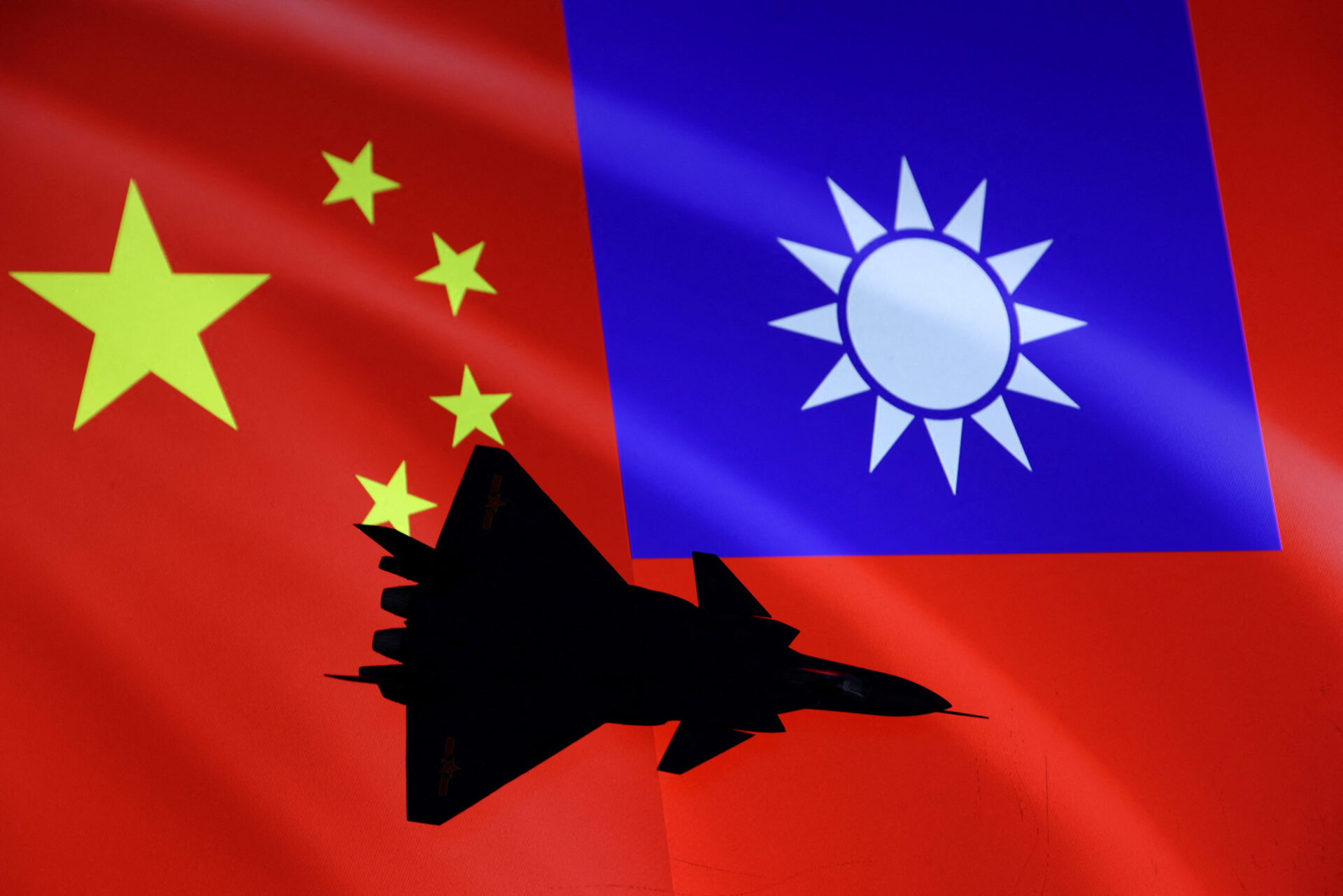TAIPEI (Reuters) – Taiwan activated its defence systems on Thursday after reporting 37 Chinese military aircraft flying into the island’s air defence zone, some of which then flew into the western Pacific, in Beijing’s latest mass air incursion.
China, which views democratically governed Taiwan as its own territory, has over the past three years regularly flown its air force into the skies near the island, though not into Taiwan’s territorial air space.
Taiwan’s defence ministry said that from 5 a.m. (2100 GMT on Wednesday) it had detected 37 Chinese air force planes, including J-11 and J-16 fighters as well as nuclear-capable H-6 bombers, flying into the southwestern corner of its air defence identification zone, or ADIZ.
READ MORE: Taiwan to assist Eswatini on the enhancement of RSTP
The ADIZ is a broader area Taiwan monitors and patrols to give its forces more time to respond to threats.
Some of the Chinese aircraft flew to Taiwan’s southeast and crossed into the western Pacific to perform “air surveillance and long-distance navigation training”, the ministry said in a statement.
Taiwan sent its aircraft and ships to keep watch and activated land-based missile systems, it added, using its standard wording for how it responds to such Chinese activity.
China’s defence ministry did not immediately respond to a request for comment.
China completed a second phase of joint air patrols with Russia over the Western Pacific on Wednesday, following flights on the previous day over the Sea of Japan and the East China Sea, prompting concern in Japan over its national security.
Japan’s defence ministry said it scrambled a jet fighter on Thursday morning in response to a Chinese information-gathering aircraft Y-9 flying over the Pacific Ocean and east of Taiwan.
READ MORE: Taiwan to buy 400 US anti-ship missiles to face China threat
Japan also lodged a protest against China for its naval and coast guard vessels entering Japan’s territorial waters along the country’s southwest archipelago on Thursday, Tokyo’s top spokesperson Hirokazu Matsuno told a press conference.
Laura Rosenberger, chair of the American Institute in Taiwan, which manages the unofficial relationship between Washington and Taipei, is visiting Taiwan this week.
On Monday, she told Taiwan media that the United States had an enduring interest in preserving stability in the Taiwan Strait and the United States would continue to arm the island, a source of constant friction in Sino-U.S. ties.
In April, China held war games around Taiwan following a trip to the United States by Taiwan President Tsai Ing-wen.
Taiwan’s government rejects China’s sovereignty claims and says only the island’s people can decide their future.


